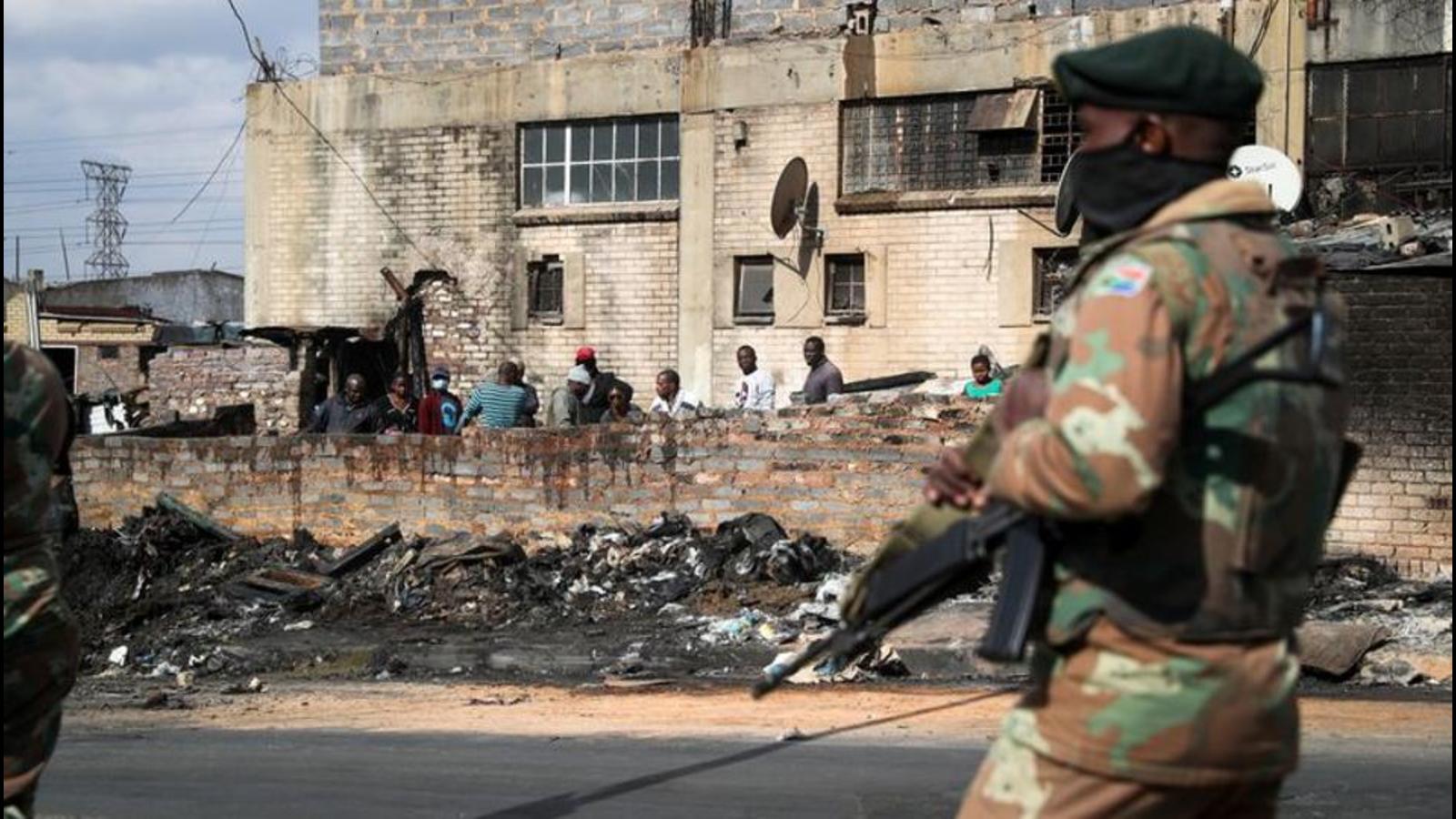
Apartheid economy continues to haunt South Africa
Al JazeeraThe recent spate of deaths across the country linked to ‘spaza shops’ exposes the enduring legacy of apartheid. On November 3, Lesedi Mulaudzi, a 10-year-old girl from Alexandra, a sprawling township in Johannesburg, South Africa, passed away from suspected food poisoning after eating snacks bought at a “spaza shop” – a type of informal convenience store that emerged in Black communities during the apartheid era. Nearly 40 percent of South Africa’s total food expenditure goes to these shops, which puts their collective estimated value at R178 billion, a sum that exceeds the market capitalisation of Shoprite, the country’s leading retailer. In Gauteng, the lack of health inspectors is seemingly encouraging the use of so-called “street pesticides” within the townships – including by owners of spaza shops. Dr Aslam Dasoo, a medical doctor representing the Progressive Health Forum – a national health advocacy network – has expressed scepticism about the effectiveness of re-registering spaza shops as a means to tackle the food poisoning crisis, arguing that this approach fails to consider the paramount need to eliminate rat infestations in townships.
History of this topic

Spate of child poisoning deaths sparks South Africa xenophobia
Raw StoryDiscover Related




































